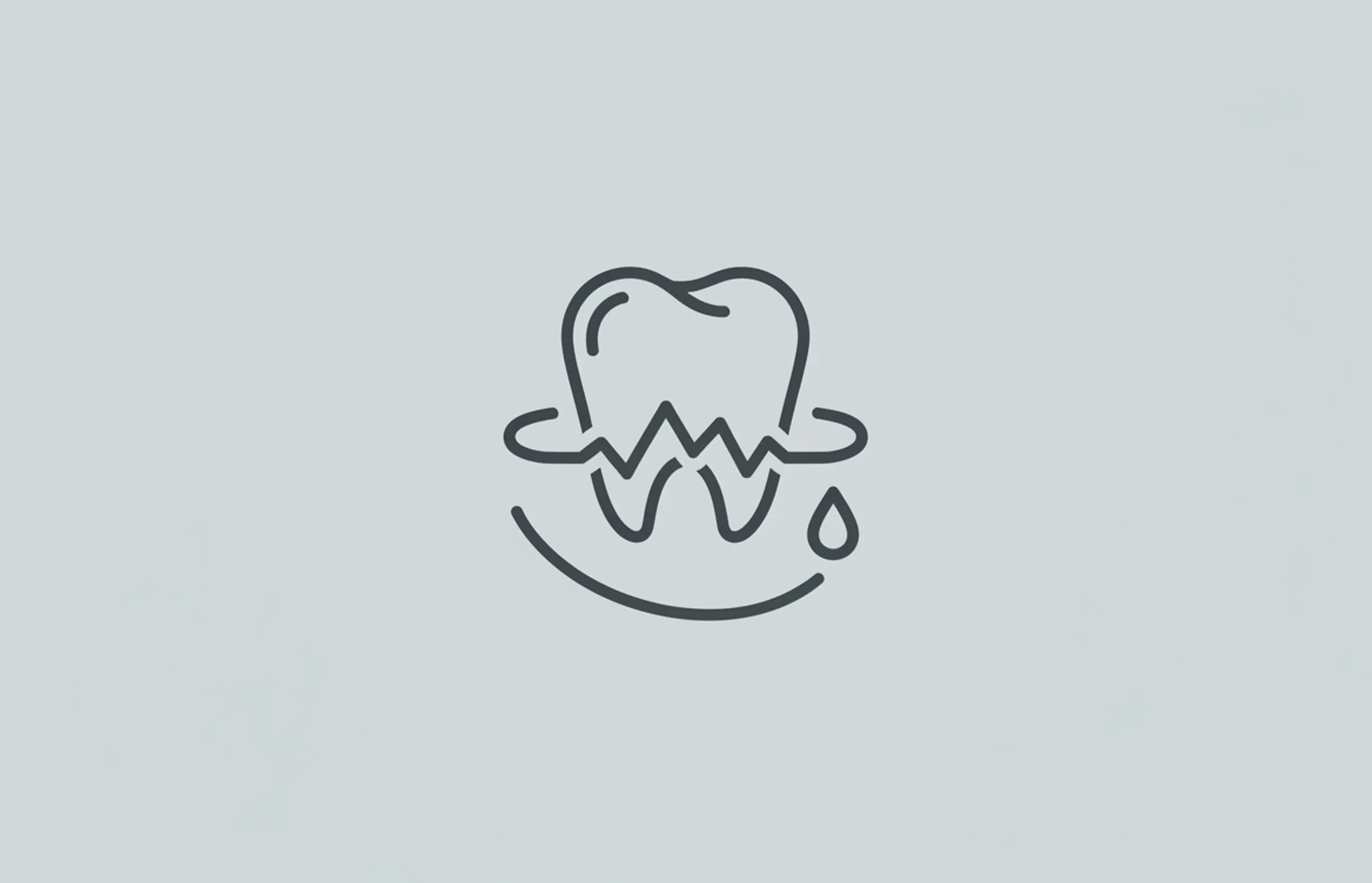Gingivitis, inflammation of the gum tissue around teeth, is characterized by swollen, red gums that easily bleed when brushing and flossing. The condition is common and usually painless.
However, gingivitis is the earliest stage of gum disease, and it can lead to a more severe form called periodontitis if left untreated.
The good news is that you can prevent gingivitis by practising good hygiene. Also, by learning how to treat gingivitis at home, you can reverse the condition before it becomes severe.
Causes
Understanding what can cause inflamed gums is the first step in learning how to treat gingivitis.
Allowing plaque to build up on the teeth causes gingivitis. When you don't remove plaque, it accumulates along the gum line and hardens into tartar. This calcified substance irritates and inflames the gums and leads to redness and bleeding.
There are several risk factors known to contribute to the development of gingivitis:
- Hormonal changes – Hormones can contribute to gingivitis by causing partial immune suppression and other effects. Women experiencing pregnancy, puberty, or menopause can be more susceptible to gingivitis.
- Tobacco use – Smoking dramatically increases your risk by reducing the strength of your immune system, and your body's ability to heal.
- **Diabetes – **There appears to be a direct relationship between diabetes and gingivitis. Diabetes increases the risk of periodontal disease, and periodontal disease can also negatively affect glycemic control.
Home Treatment
It's always a good idea to stay on a schedule with your dentist for routine care. However, if you're starting to notice some signs of inflammation, don't hesitate to begin gingivitis treatment at home.
Taking some simple steps can stop the development of gingivitis and restore your mouth to good health:
- Brush properly – Brush for two minutes, twice a day and make sure you focus on the gum line. Be gentle but thorough.
- Floss every day – Flossing once a day removes the plaque that causes gingivitis. Flossing goes deeper and cleans more effectively than brushing alone.
- Upgrade your toothbrush – Consider upgrading to an electric toothbrush for a deeper clean.
- Use an antibacterial rinse – Antibacterial mouthwash, saltwater rinses, and oil pulling can all catch the lingering bacterial left behind in hard to reach spaces.
If home treatment doesn't work, contact your dentist for help with how to treat gingivitis.
Prevention
Prevention is the best treatment for gingivitis. Keep up with your professional cleanings and ask your dentist if you're brushing and flossing correctly.
Use a soft-bristled toothbrush and be sure to hold it at a 45-degree angle when brushing. Brushing with this technique ensures your gumline is getting a thorough cleaning. Use circular motions and make sure you're cleaning all surfaces of your teeth. Replace your toothbrush regularly, about every three months.
Eating a vitamin-rich, low sugar diet helps to prevent the buildup of plaque and supports your immune system in fighting inflammation. If you're a smoker, quitting now can reduce your risk of developing gingivitis and other severe oral health conditions.
Sources and References
-
[1]
Efficacy of flossing and mouth rinsing regimens on plaque and gingivitis: a randomized clinical trialBMC Oral Healthhttps://pubmed.ncbi.nlm.nih.gov/38310236/
-
[2]
Smoking and Periodontal DiseaseJournal of the International Academy of Periodontologyhttps://pmc.ncbi.nlm.nih.gov/articles/PMC3633395/
-
[3]
The Bidirectional Relationship between Periodontal Disease and Diabetes Mellitus—A ReviewDiagnostics (Basel)https://pmc.ncbi.nlm.nih.gov/articles/PMC9954907/
-
[4]
Efficacy of Oral Hygiene Aids in Gingivitis Management: A Comparative Study of Manual and Electric Toothbrushes, Dental Floss, and MouthwashCureushttps://pubmed.ncbi.nlm.nih.gov/39926908/
-
[5]
Periodontal Disease and Smoking: Systematic ReviewInternational Journal of Environmental Research and Public Healthhttps://pmc.ncbi.nlm.nih.gov/articles/PMC10466628/
All sources accessed and verified on . Medical information reviewed for accuracy and compliance with current guidelines.
Related Articles
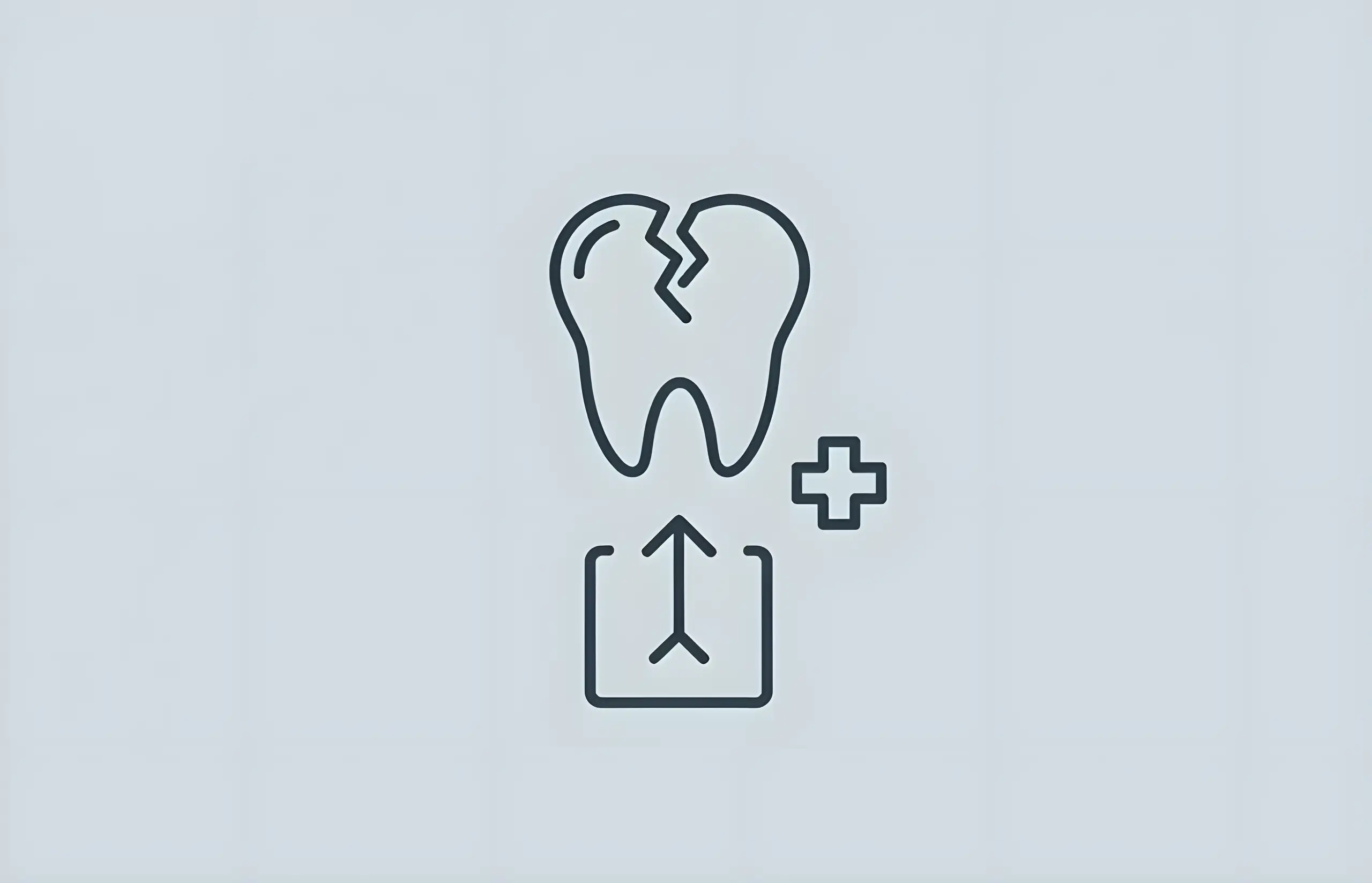
What To Do If You Have A Broken Molar
Understanding why molars break, recognizing symptoms from chips to severe fractures, and knowing when to seek urgent dental treatment
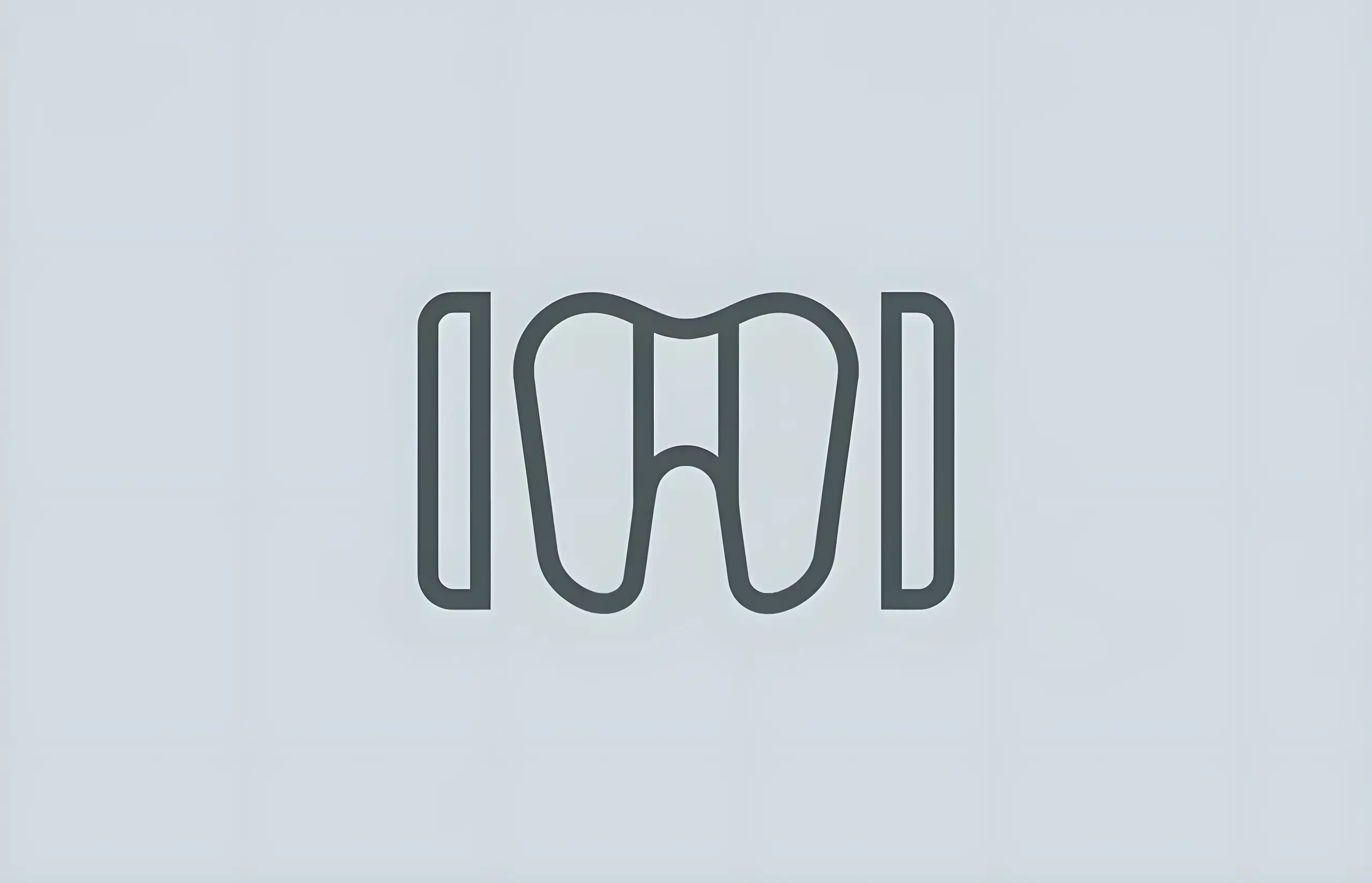
Diastema: How To Fix Gaps In Teeth
Comprehensive guide to diastema causes, types (midline and mandibular), prevalence in children (41.75%), treatment options including braces, veneers, composite bonding, frenectomy, and clinical outcomes
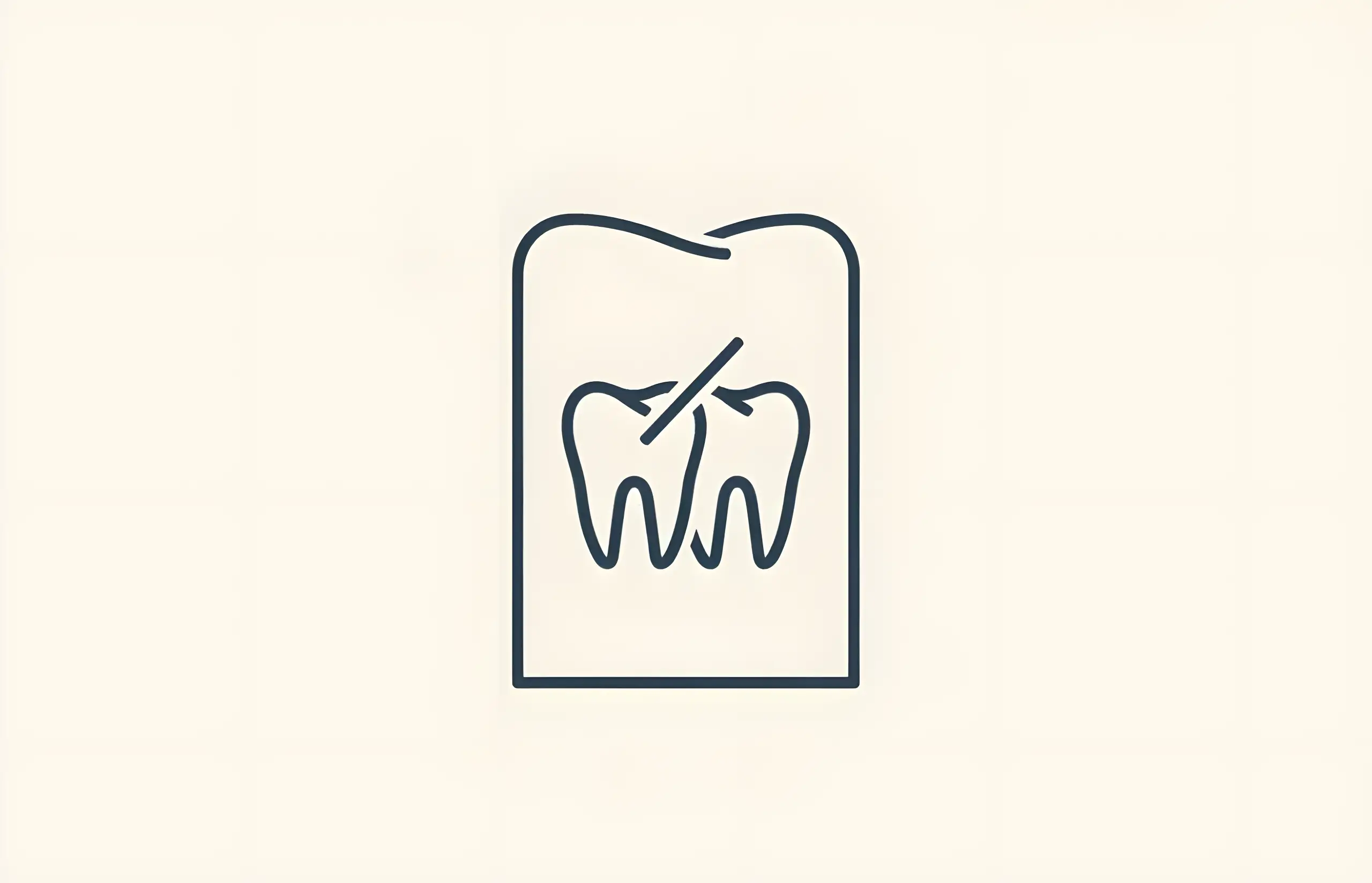
How to Fix a Crooked Tooth
Comprehensive guide to fixing a single crooked tooth, including treatment options, costs, and reasons to seek correction

What is the Cost to Repair Chipped, Cracked, or Broken Teeth?
Comprehensive guide to tooth damage repair costs in the UK: NHS Band 1 (£22.70) for minor chips, Band 2 (£62.10) for fillings/root canals, Band 3 (£269.30) for crowns/veneers, with treatment success rates and prevention strategies
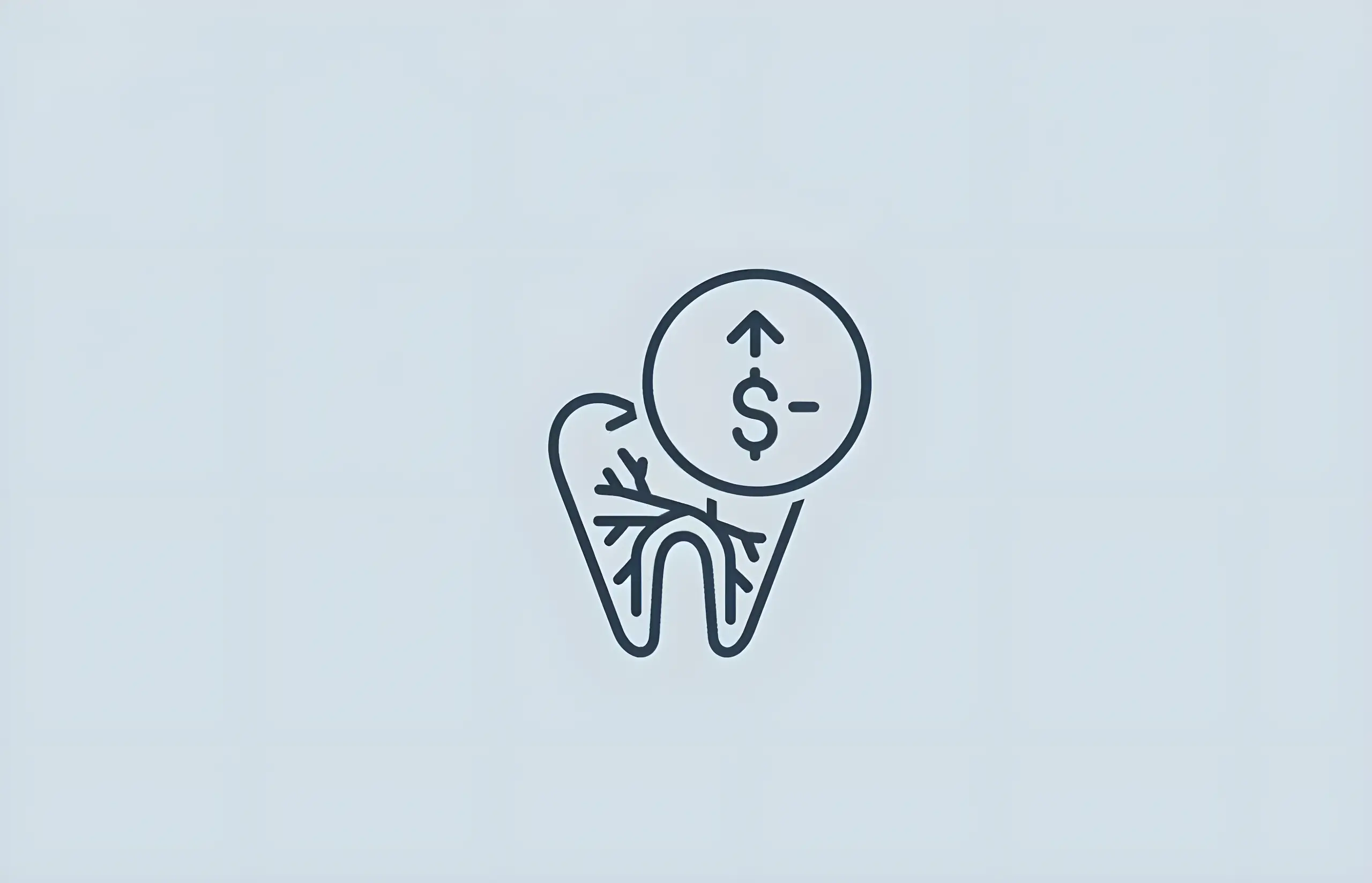
Root Canal Treatment – Costs and Information
Comprehensive guide to root canal treatment including what it is, the procedure, costs in the UK (NHS and private), and who needs endodontic therapy

How Much Does Teeth Cleaning Cost?
Comprehensive guide to teeth cleaning costs in the UK, NHS pricing bands, scale and polish procedures, dental hygiene benefits, and professional teeth cleaning information

How Much Does A Tooth Extraction Cost?
Understanding the costs, procedures, and benefits of tooth extraction in the UK

What Causes Crooked Teeth?
Understanding the genetic, environmental, and developmental factors that lead to misaligned teeth and available treatment options
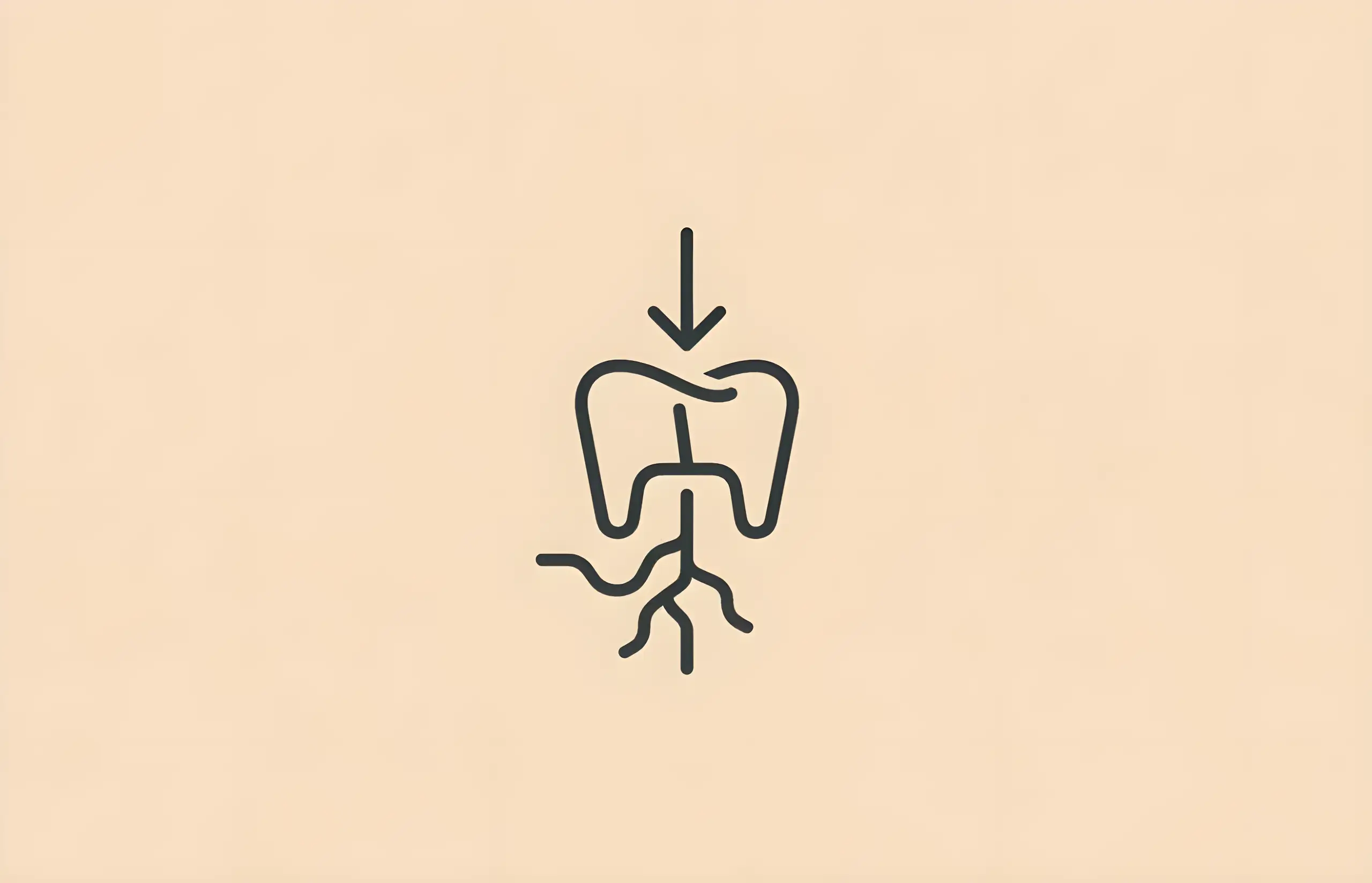
What Causes Teeth to Shift in Adults?
Understanding age-related tooth movement, poor habits, and treatment options to maintain dental alignment in adulthood

What is a Crossbite?
Learn about crossbite malocclusion including types (anterior and posterior), hereditary causes, childhood factors like thumb-sucking, treatment options, and potential complications
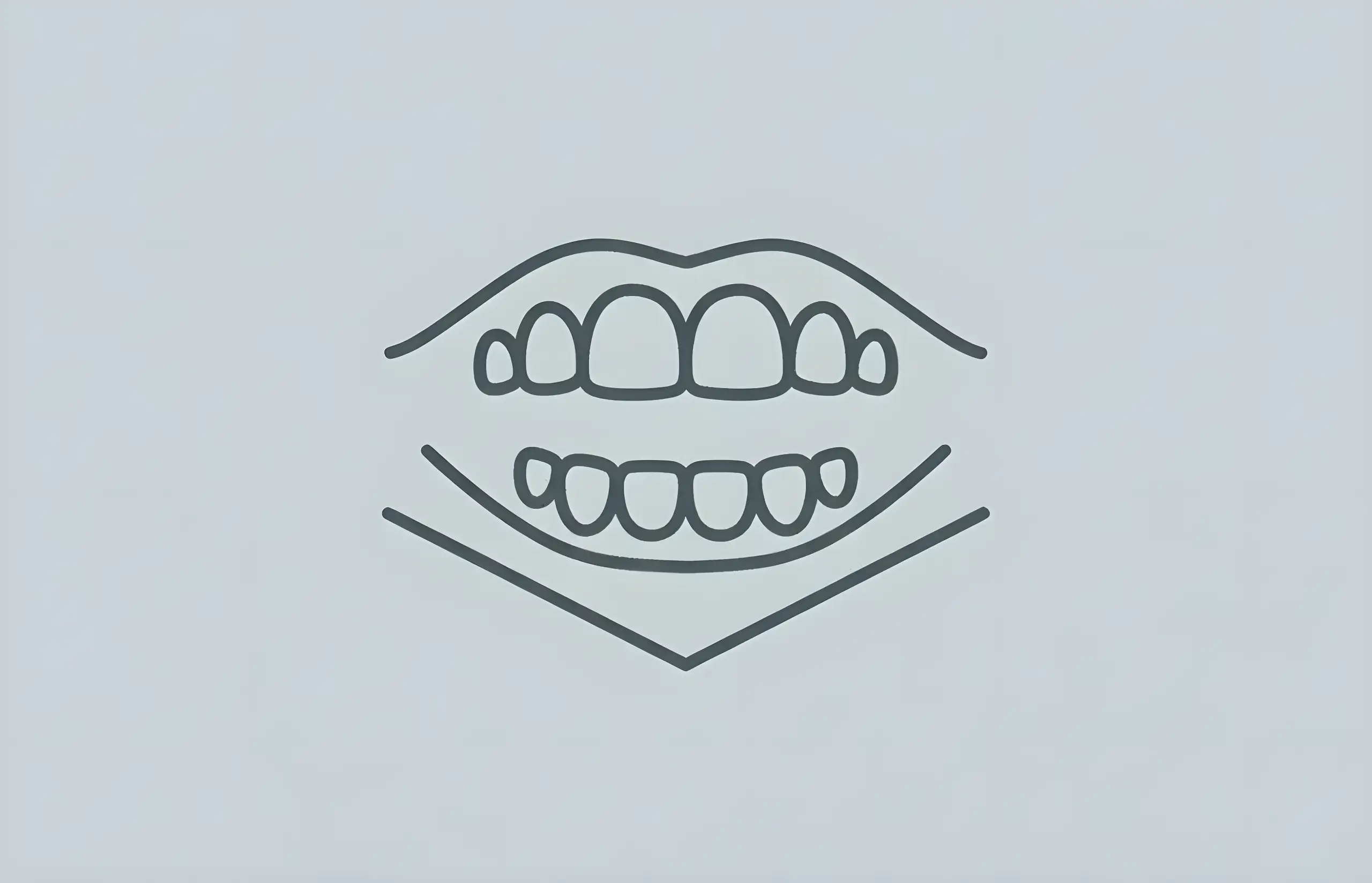
What Is An Open Bite?
Understanding anterior and posterior open bite malocclusion including causes, treatment options from braces to surgery, and functional impacts on speech and eating
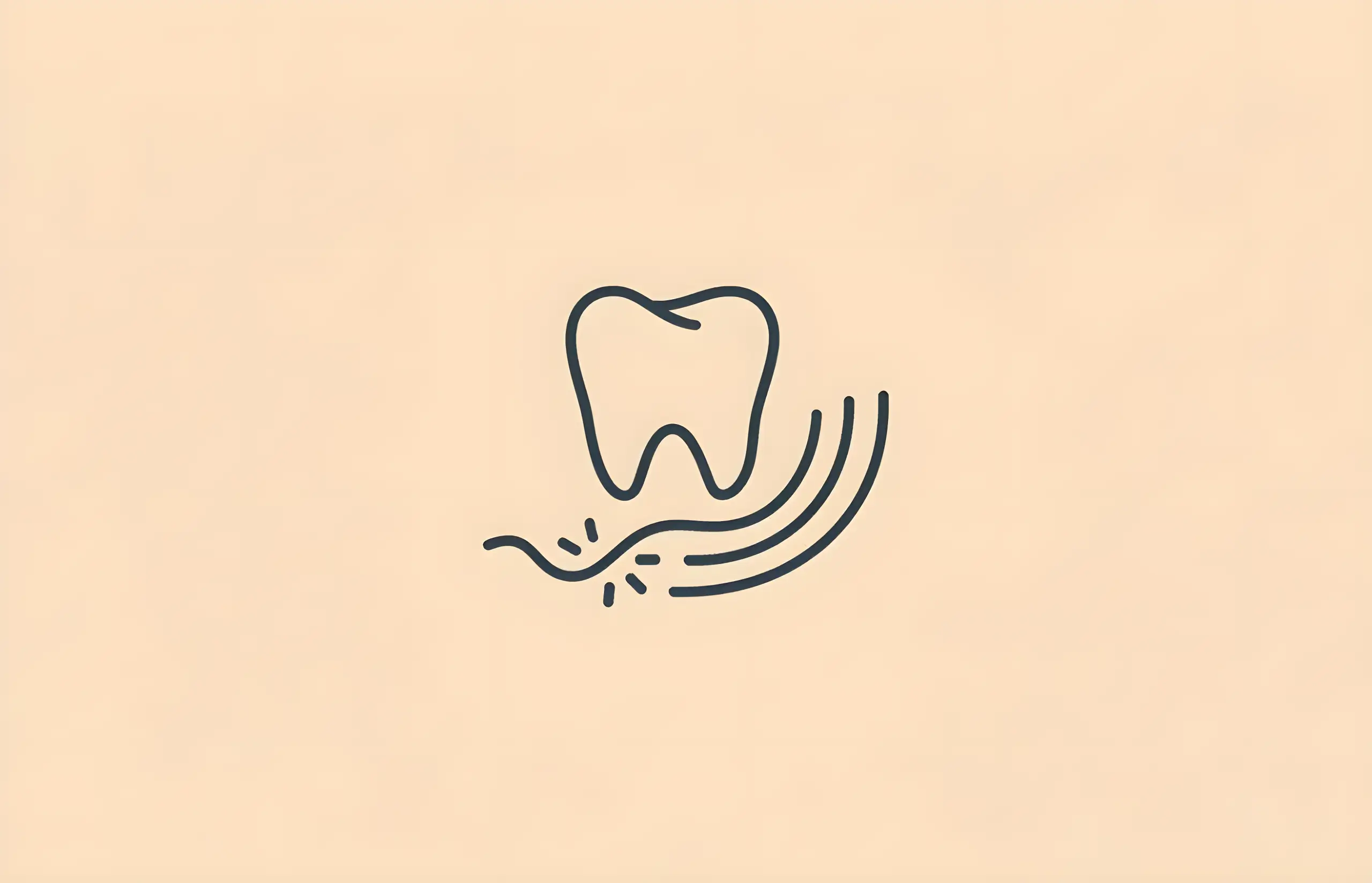
What Is Gingivitis?
Comprehensive guide to gingivitis, a common gum disease affecting 50-90% of adults, including causes, symptoms (bleeding, swelling, bad breath), treatment with scaling, and prevention through proper oral hygiene
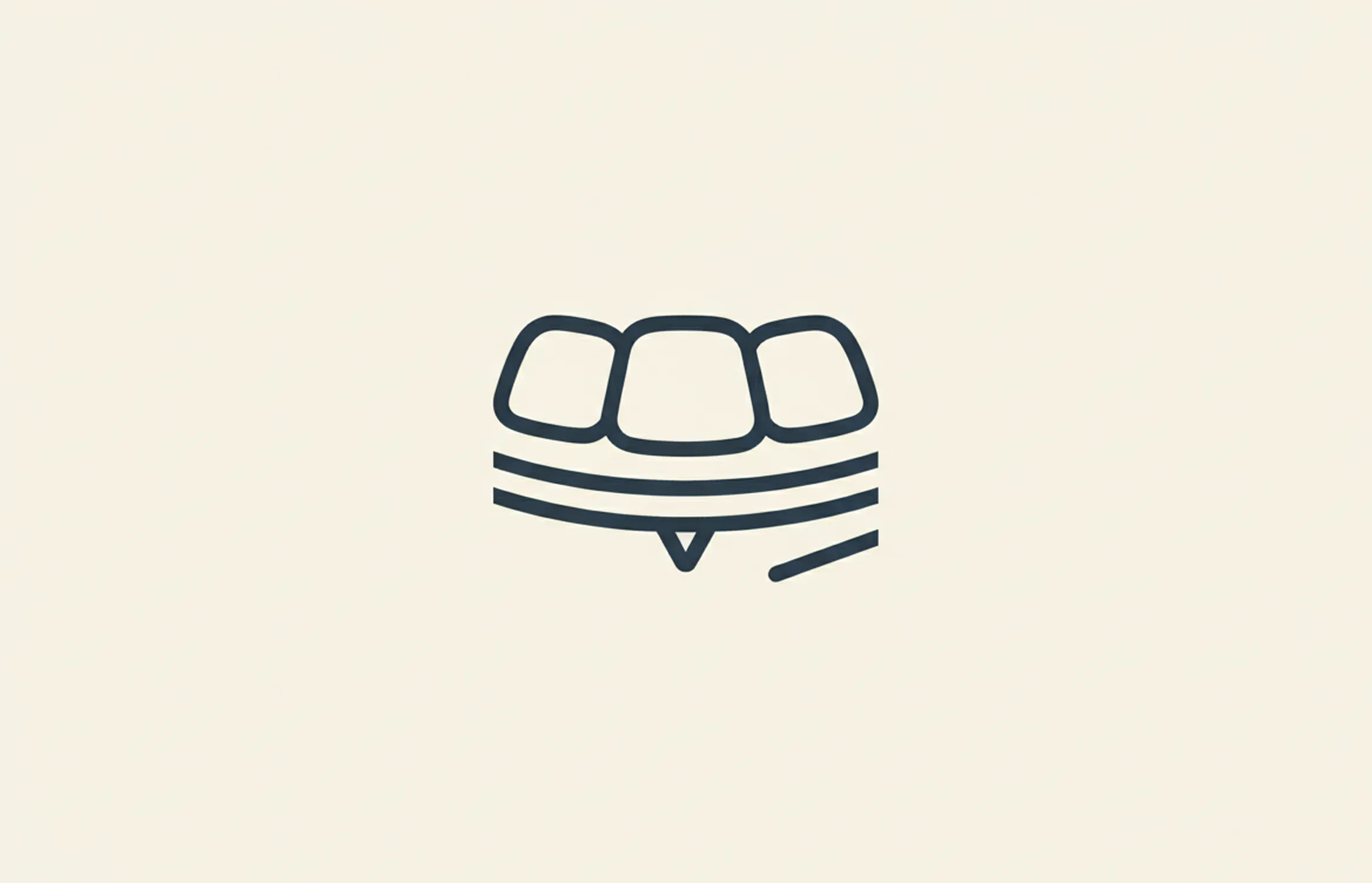
What Is Teeth Contouring?
Understanding dental contouring (enameloplasty) - a quick cosmetic procedure to reshape teeth by removing enamel for a straighter, more polished smile
About The Dental Guide
The Dental Guide is a trusted online resource providing evidence-based information about dental health, treatments, and procedures. Our content is created and reviewed by qualified dental professionals to help you make informed decisions about your oral health.
Our Mission
- Evidence-based dental information
- Expert-reviewed content
- Clear, accessible explanations
- Latest treatment options
- Patient-focused guidance
Editorial Standards
- GDC-registered dental professionals
- Peer-reviewed sources
- Regular content updates
- Medical accuracy verification
- Transparent authorship
Important Notice
The information on The Dental Guide is for educational purposes only and should not replace professional dental advice. Always consult with a qualified dentist for diagnosis and treatment recommendations tailored to your individual needs and circumstances.
Medically Reviewed
Reviewed by Dr. Nasim Mechoui , BDS (Bristol)
Share this article
Comments & Discussion
Have questions about dental implants? Share your thoughts or experiences.
